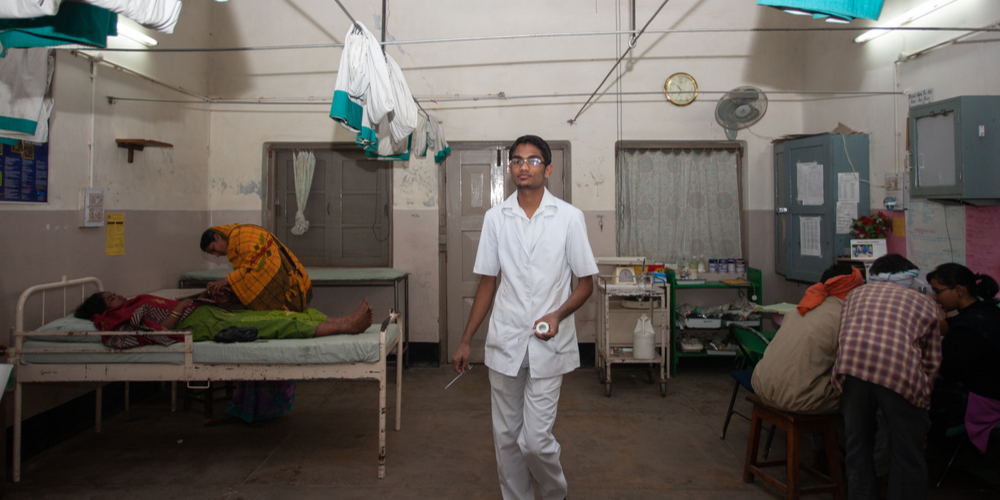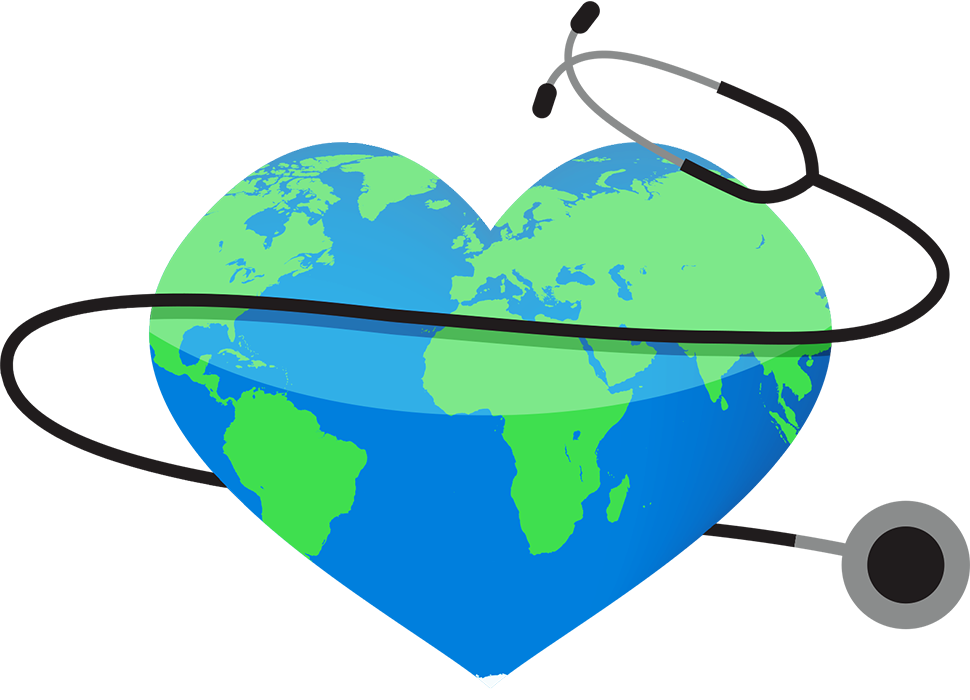
A lack of resources and expertise
Research suggests that there are currently less than 3 trained health physicians per 10,000 people in Sub-Saharan Africa.
Even where there are the medical experts in place, these doctors have little access to suitable treatments and are often unable to maintain a sterile environment, which makes complex procedures such as surgical operations extremely dangerous.
Medications which are widely available in the developed world are often a rarity in the developing world and almost all patients cannot afford such treatments.
Over 2 million people die from diarrhoea each year, which is startling as it is so easily treatable in the developed world.
Often the education received by trained doctors is not as thorough or extensive as that provided in the developed world and therefore health practitioners do not have the necessary training to provide optimum care.
A widespread lack of provision and accessibility
As mentioned previously, there are very few trained healthcare professionals in relation to the growing population figures; this makes accessing medical care extremely difficult and means that millions of people are currently unable to see a doctor.
Often people have to make long and treacherous journeys to see a doctor; many who are extremely ill do not make it and lose their fight along the way.
Poor accessibility is not just costly for patients but also means it is extremely difficult for aid agencies to distribute medications and resources; poor storage facilities also account for a considerable amount of wasted medications in these countries, according to the WHO.
The spread of infection
Many of the world’s poorest people live in high-density rural communities where sanitation is poor; this leads to an incredibly quick spread of infection, meaning illnesses can wipe out entire communities in a short space of time.
Often families are large and everyone lives under the same roof; this means people are constantly in contact with each other and at risk from the spread of air-borne bacteria.
Health centres are commonly located in urban areas and therefore people in rural communities are unable to get the help they desperately need before it’s too late.
Government weakness, oppression and corruption
In the past many Governments in the developing world have been accused of being oppressive and corrupt; this has meant healthcare and human rights have not been prioritised and the situation has become increasingly serious.
Some countries, in tandem with leaders from the developed world and charitable organisations, have however managed to improve the healthcare provision available to their citizens and the general health and prosperity of these nations is progressing rapidly.
However, in many parts of the developing world the situation remains dire. Failure to improve transport networks has hampered the distribution of aid and a lack of sufficient storage facilities has caused millions of pounds worth of medication and equipment to be wasted.
